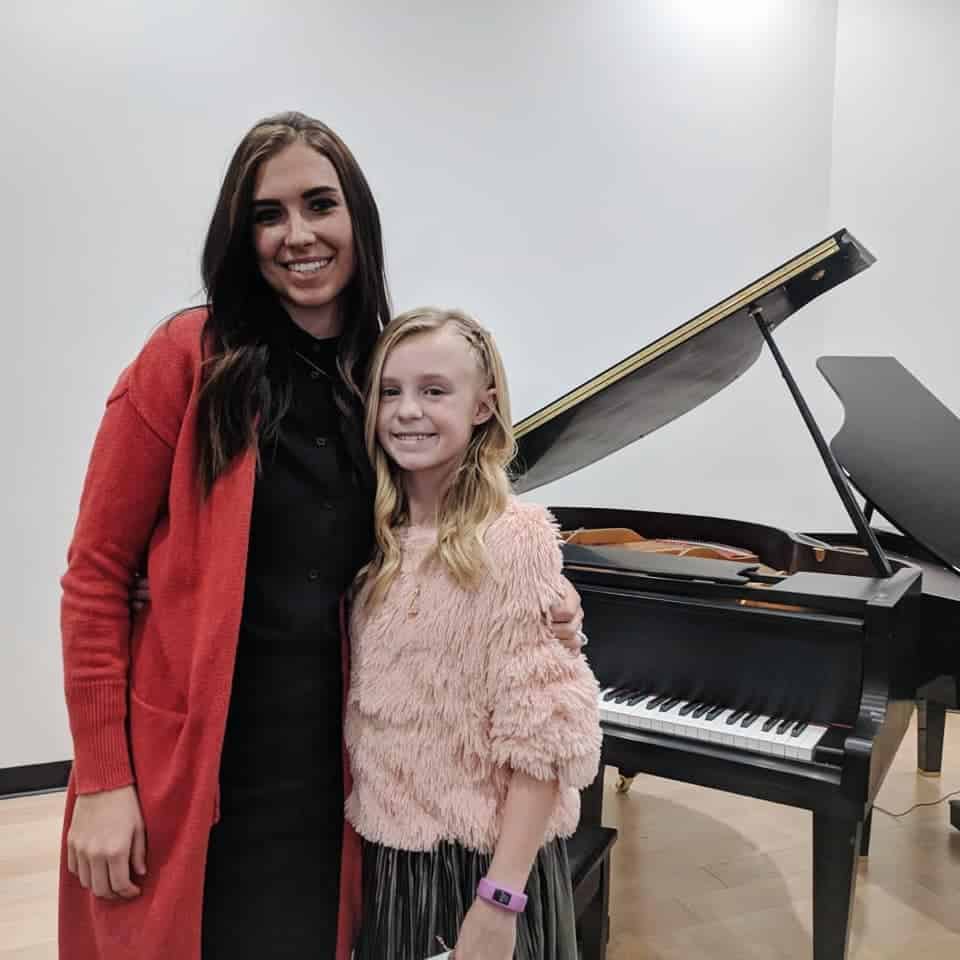
It’s a miracle! Your child who previously insisted that music lessons were not for them is suddenly expressing interest again. Hurray!
Here’s where things get tricky: How do you jump back into music lessons with a long-term commitment in mind? It can be intimidating for both students and parents to start again, which is why we’re sharing our four best tips for helping students and parents successfully return to (and stay!) in music lessons.
Find the cause: Before jumping back into music lessons, talk with your student about why they felt the need to quit or take a break in the first place. Starting lessons again without identifying and resolving the original stressors almost guarantees your child won’t want to stick with their lessons long-term. But correctly identifying the problem means you can find the right solution—whether it’s finding a new teacher, changing lesson times, or switching up music styles to something more inspiring.
Be Realistic but Encouraging: Even if you only stopped music lessons for a few months, expecting your child to play at the same level as when they quit sets everyone up for disappointment. Praise your student for what they remember instead of criticizing things they forgot, and encourage them to be patient as they work back up to a previous skill level.
More importantly, work with your child and their teacher to find new music to study once they begin lessons again. It can feel demoralizing to pick up the same music associated with their decision to stop lessons, so a fresh start is just the thing to keep motivation and enthusiasm high until your student’s confidence returns.
Set goals: While you want to encourage your child to stay in music lessons long-term, it’s important to set short-term goals, especially when your child encounters the challenges that made lessons seem unsustainable before. Make a plan for what to do when something seems too hard, and set goals that encourage students to push through difficulties.
For example, if your child feels like it’s “impossible” to commit to practicing every day, consider switching up their usual practice time, and decide how to best celebrate their first week of perfect practicing. Maybe your child is an early-bird who feels motivated to get their practice time in before a busy school day, or maybe they need some time to decompress before practicing in the evening.
Identify motivators and have FUN: As for incentives to motivate a student toward reaching their goal? Focus on experiences, not tangible rewards. A night at the movies with friends or catching the big football came with Dad might be the unique motivation your student needs. Treat a return to music lessons as a fun opportunity to get to know your child better as you figure out what works and what doesn’t when it comes to personal motivation and incentives.
Whether you started too young the first time, moved across the country and miles away from a beloved teacher, or just agreed to take a break, it’s never too late to begin music lessons again. And with the right mindset, your student can fall in love with music for a second time, and for good.